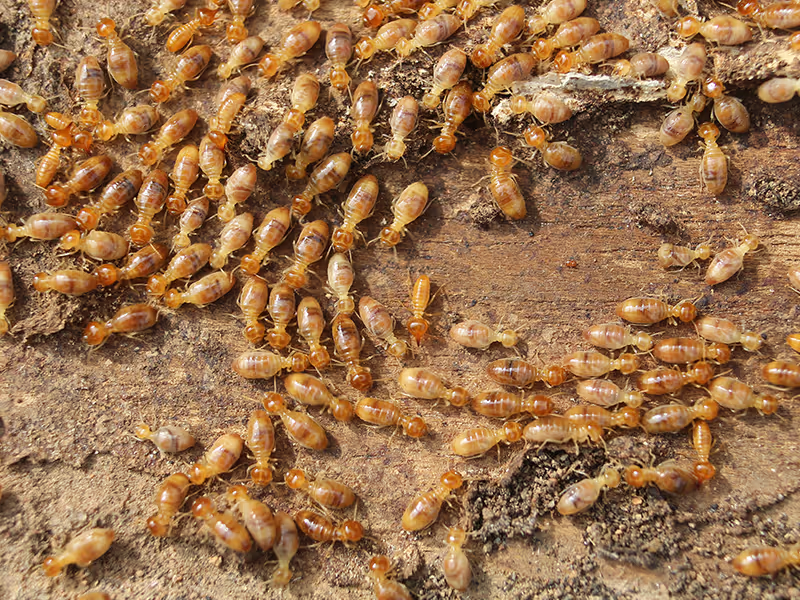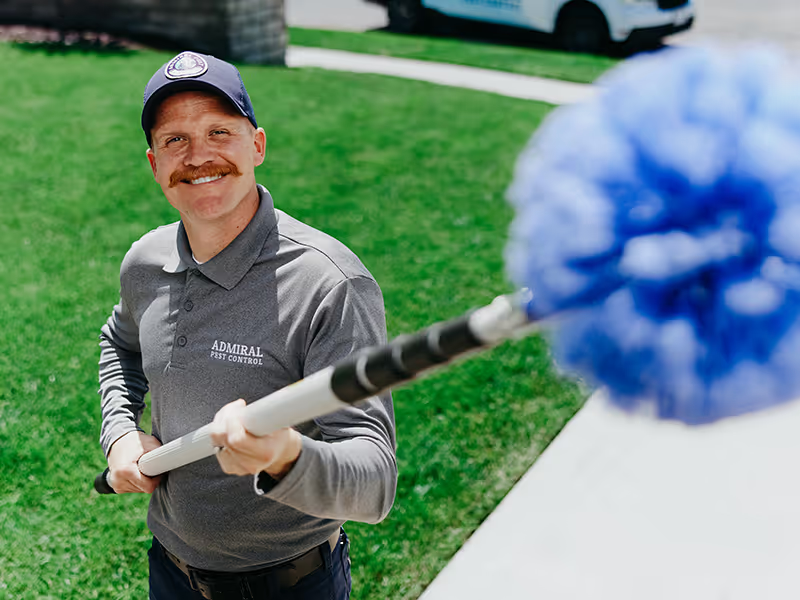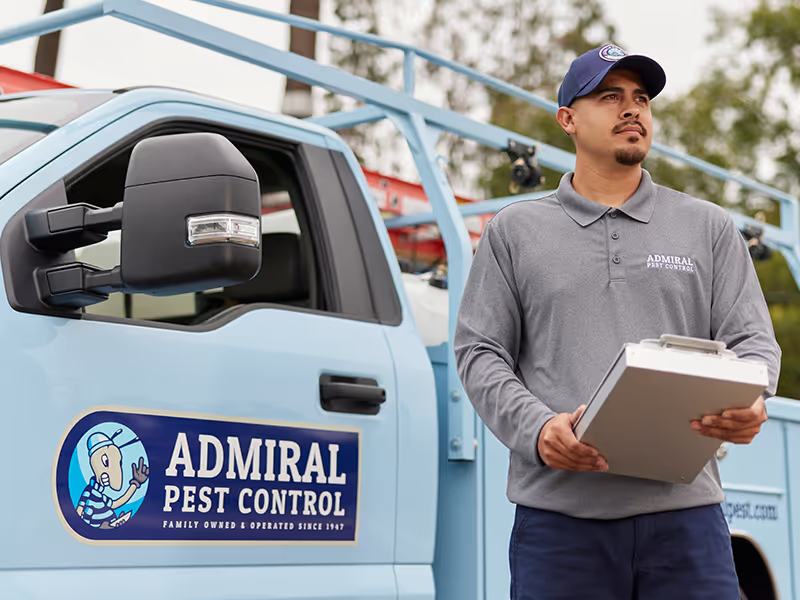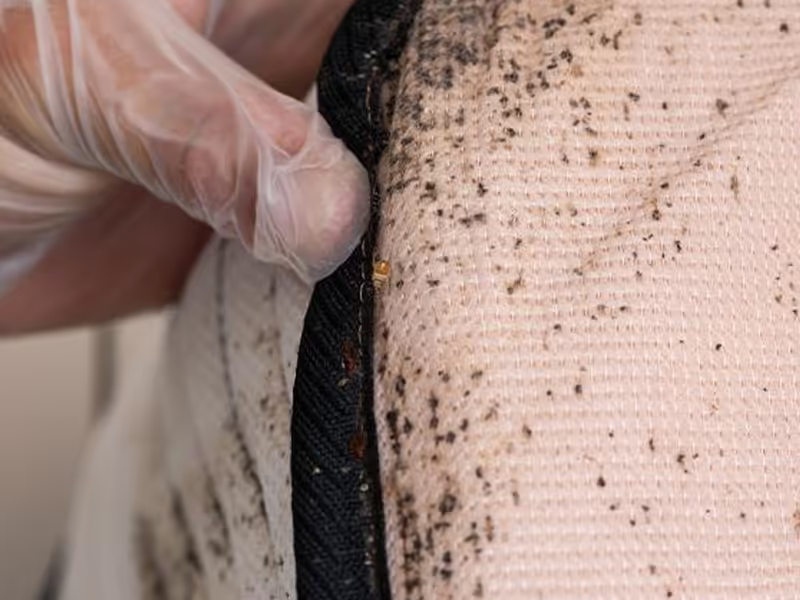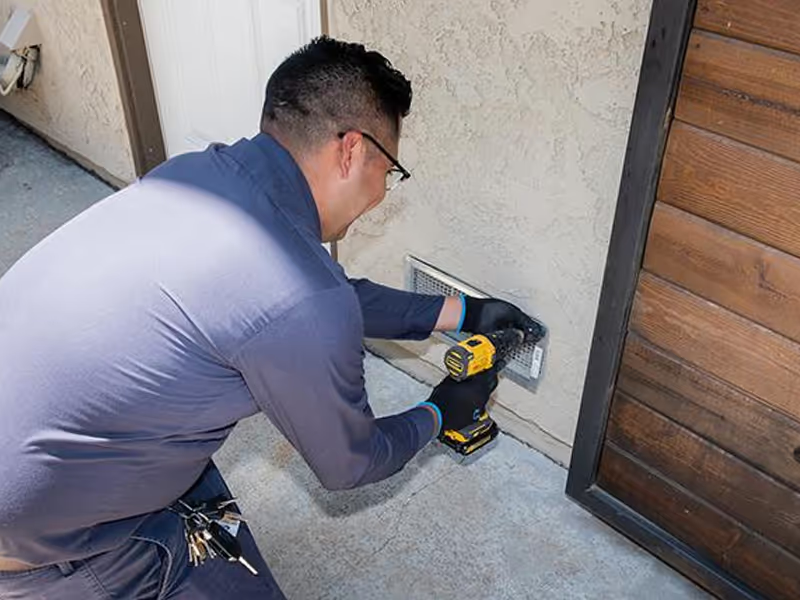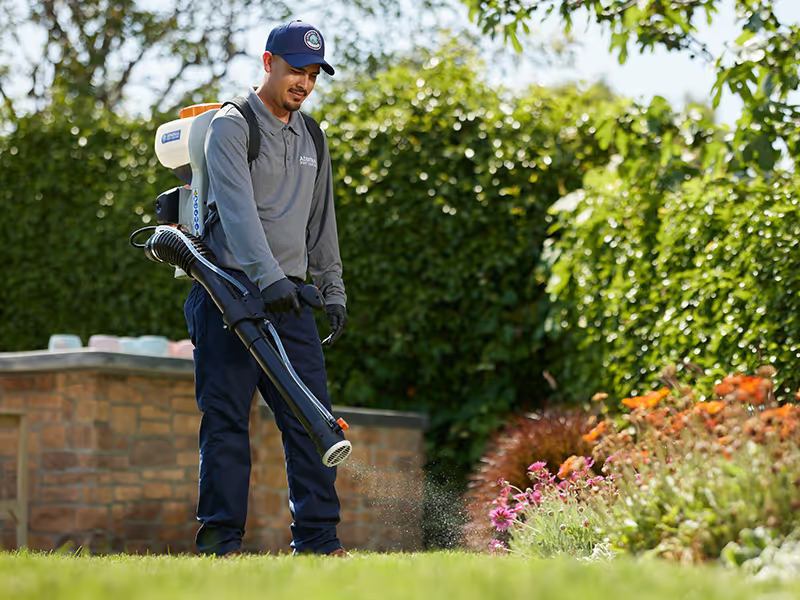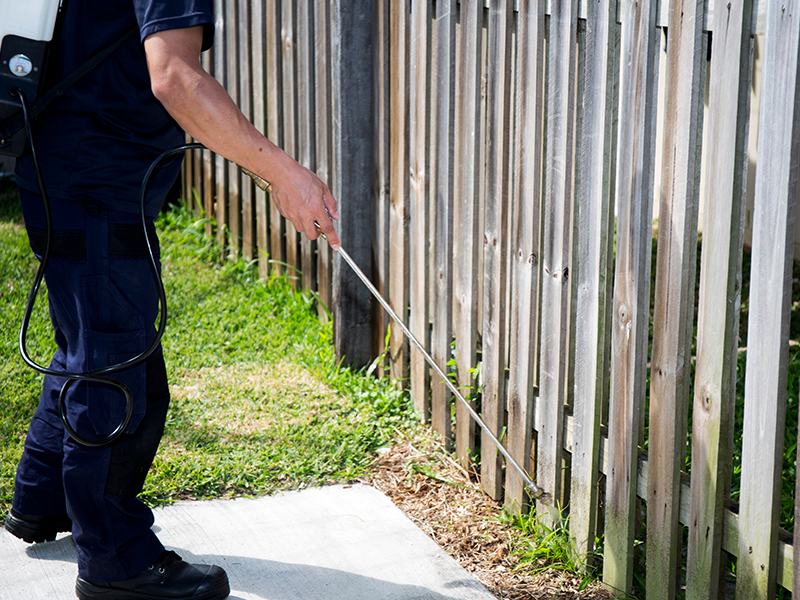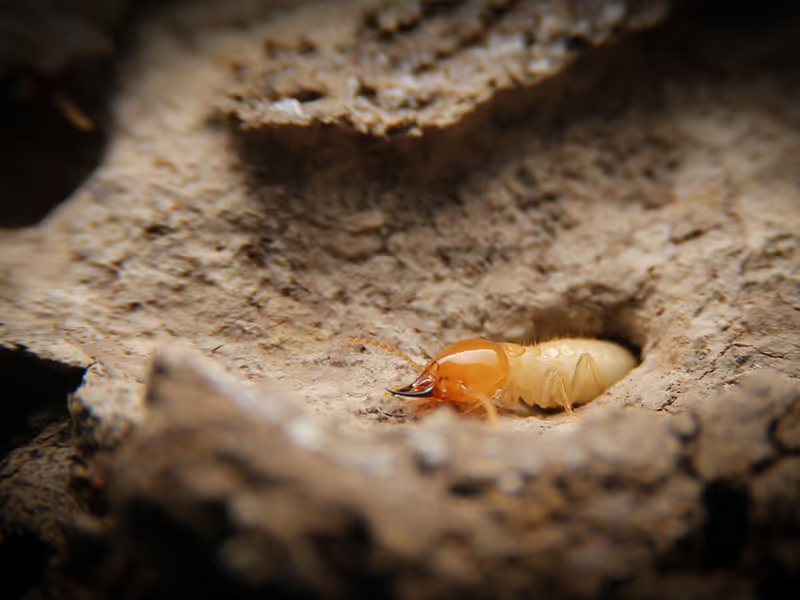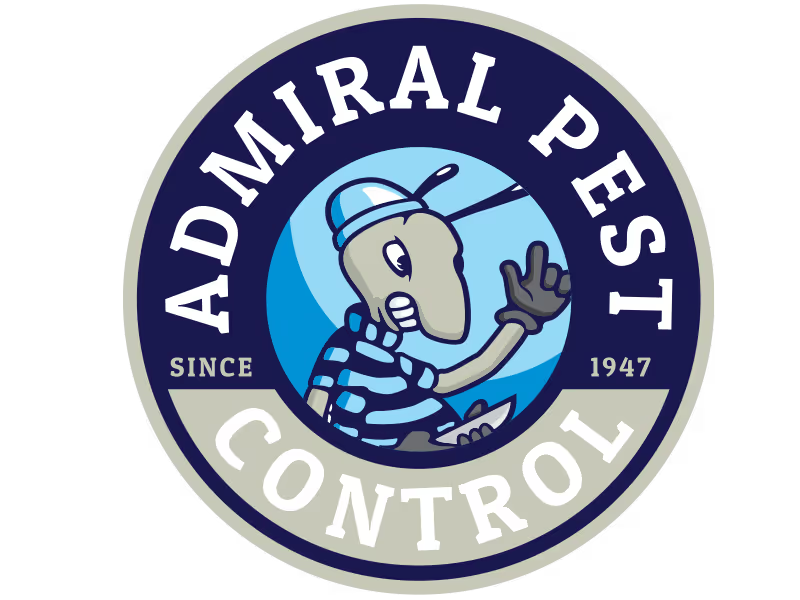What Do Termites Sound Like?
Termites might be small, but they can create quite a racket in the right conditions. Here are the typical sounds termites make:
- Clicking Noises: Soldier termites, which protect the colony, make a distinctive clicking sound. They bang their heads against the wood or shake their bodies to signal danger to the rest of the colony. This clicking can sometimes be heard if you listen closely.
- Rustling Sounds: Worker termites, responsible for feeding the colony, make rustling sounds as they chew through wood. This noise is similar to the sound of paper rustling or leaves being crunched.
- Tapping Sounds: Occasionally, the movement of termites within the walls can create a tapping noise. This is less common but can be detected in severe infestations.
Do Termites Only Make Noise at Night?
Termites are active 24/7, but you might be more likely to hear them at night for a couple of reasons:
- Quiet Environment: At night, your home is generally quieter. With less background noise, you can hear the faint sounds termites make more easily.
- Increased Activity: Some species of termites are more active at night when temperatures are cooler and conditions are more favorable for foraging.
How Do You Tell If Termites Are Active in Your House?
Detecting termite activity early can save you a lot of trouble. Here are some signs that termites might be active in your house:
- Hollow-Sounding Wood: Tap on wooden structures in your home. If they sound hollow, it could be because termites have eaten away the inside.
- Mud Tubes: Termites build mud tubes to travel from their colony to their food source. Look for these on walls, foundations, or in crawl spaces.
- Discarded Wings: After swarming, termites shed their wings. Finding piles of wings near windowsills, doors, or other entry points can indicate termite activity.
- Frass: Drywood termites leave behind small piles of droppings, called frass. These look like tiny wood pellets and can accumulate near the infestation site.
- Visible Damage: Check for blistering paint, sagging floors, or other visible signs of damage. Termites can weaken structures, leading to noticeable changes in your home.
Do Termites Sound Like Crickets?
While termites and crickets are both insects, their sounds are quite different:
- Cricket Sounds: Crickets are known for their chirping, which is a musical, repetitive sound created by rubbing their wings together.
- Termite Sounds: Termite sounds are more subtle and less rhythmic. The clicking, rustling, and tapping noises made by termites are usually softer and can be harder to detect.
How Can You Tell If You Have Termites in Your Walls?
Detecting termites in your walls can be tricky, but there are several methods you can use:
- Listen Carefully: In a quiet room, place your ear against the wall and listen for any faint clicking or rustling noises.
- Use a Stethoscope: A stethoscope can amplify the sounds within the walls, making it easier to detect termite activity.
- Check for Damage: Look for signs of damage on the wall surface, such as small holes, cracks, or bubbling paint.
- Tap the Wall: Lightly tap the wall with a screwdriver or a small hammer. If it sounds hollow, it might indicate that termites have eaten away the material behind the wall.
- Thermal Imaging: Professional pest control services can use thermal imaging to detect the heat generated by termite activity within the walls.
- Detecting termites is the first step to get rid of them, and these pests won’t go away on their own!
What Time of Day Do Termites Come Out?
Termites are active all day and night, but their activity levels can vary based on environmental conditions:
- Swarming: Termites often swarm at dusk or during the night when the air is more humid and temperatures are cooler. Swarming is when reproductive termites leave the colony to start new colonies.
- Feeding: Worker termites feed and work continuously, but you might notice more activity at night when it’s quieter and easier to hear them.
- Seasonal Variations: Termite activity can also be influenced by the season. They are more active during warmer months and less active during colder months.
How to Protect Your Home from Termites
Preventing a termite infestation is crucial to protecting your home. Here are some steps you can take:
- Regular Inspections: Have your home inspected by a professional pest control service at least once a year.
- Moisture Control: Fix any leaks and ensure proper drainage around your home. Termites are attracted to moisture.
- Wood Protection: Keep wood, such as firewood or lumber, away from the foundation of your home. Use termite-resistant materials when building or renovating.
- Seal Cracks and Gaps: Seal any cracks or gaps in your home’s foundation, walls, and roof to prevent termites from entering.
- Chemical Barriers: Consider using chemical barriers or treatments around the foundation of your home to deter termites and prevent them from coming back.
Conclusion
Termites may be small, but they can cause significant damage to your home if left unchecked. Understanding the sounds they make and knowing how to detect their presence can help you catch an infestation early. By taking preventative measures and contacting a professional pest control service like Admiral Pest Control, you can protect your home from these destructive pests. Remember, early detection and intervention are key to keeping your home safe and sound.

